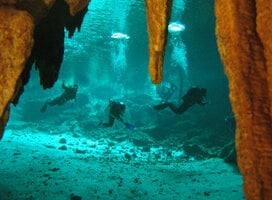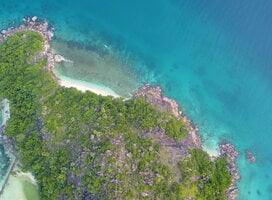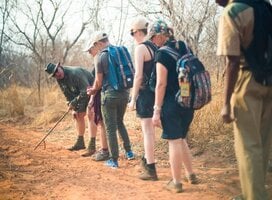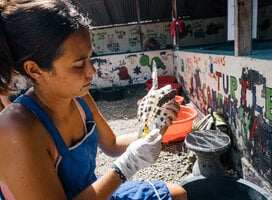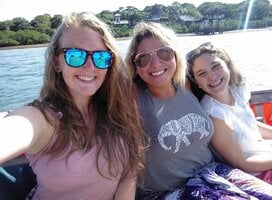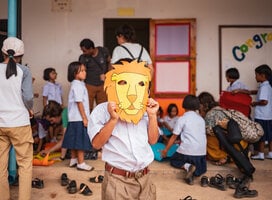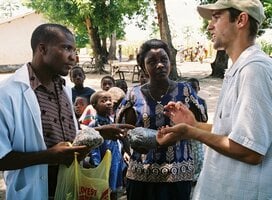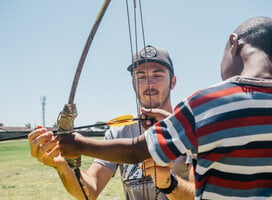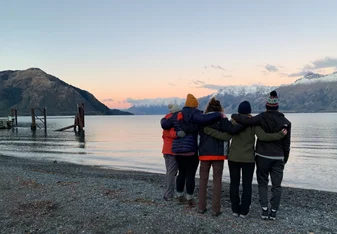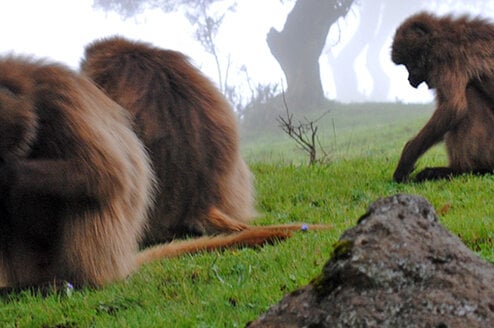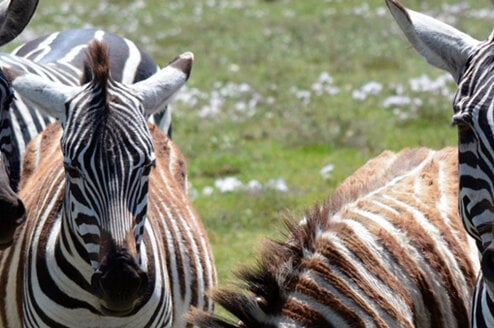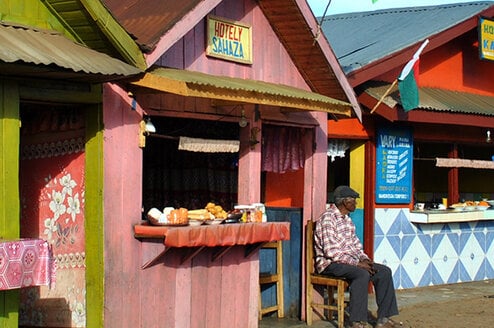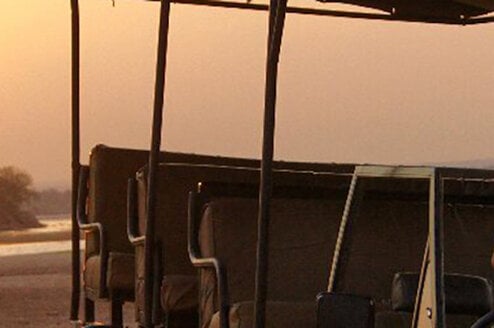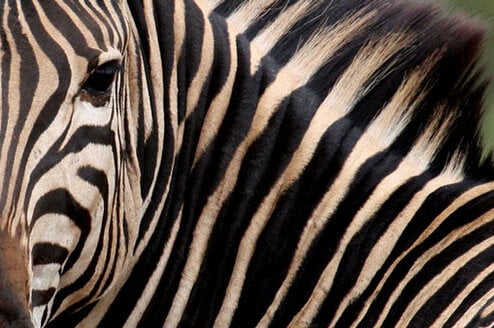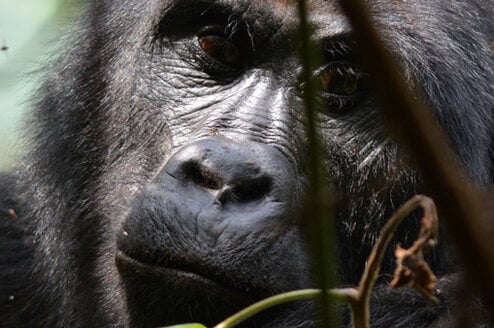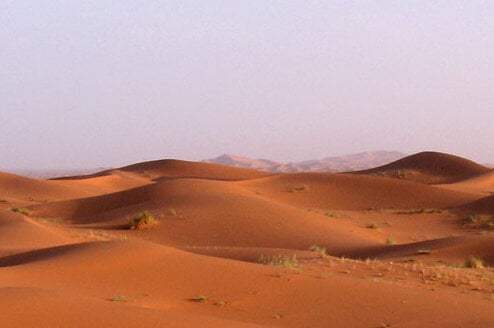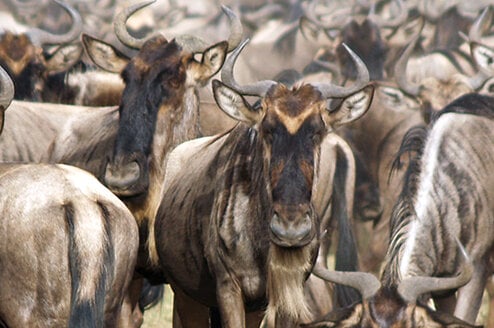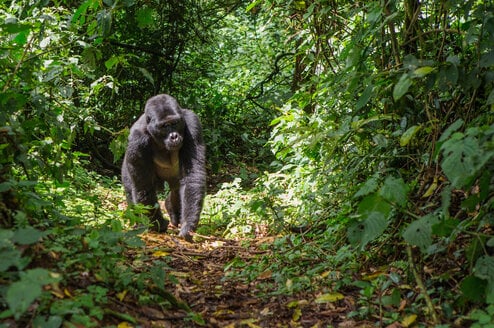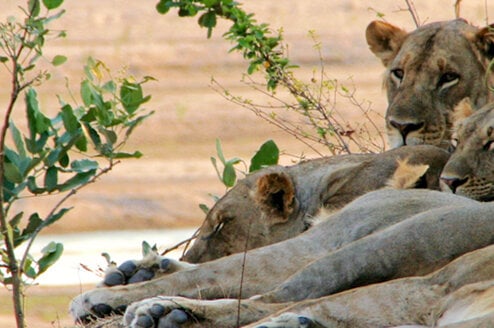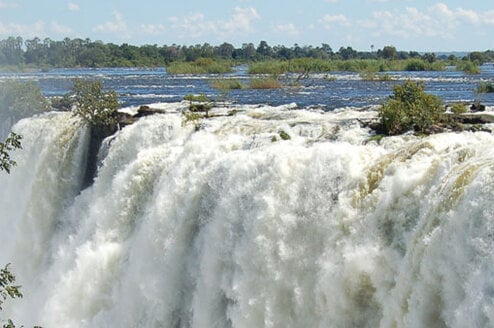Volunteer in the Seychelles
Scattered in the Indian Ocean off East Africa, the Seychelles archipelago consists of 115 islands famous for their lush beauty. Known as a tropical nirvana, they are blessed with white-powder beaches; pristine coral reefs; rainforest-clad mountains; laid-back, Creole-influenced towns and villages; and an array of rare and fascinating wildlife.
More than 90% of the island nation’s population lives around Victoria, the pocket-sized capital located on the island of Mahé; it’s a lively town crammed with temples and mosques, markets, and museums. The country is an exciting destination for volunteers, with sports available from rock climbing inland to scuba diving over wrecks in waters swarming with dolphins and sharks.
Many volunteering opportunities in Seychelles are conservation-based, from measuring hawksbill turtles to filming Aldabra giant tortoises in the wild. Other people-based options include helping locals to develop business skills and mentoring small business owners.
Most of the volunteering opportunities in the Seychelles center around the conservation of its eco-system and rare wildlife, and you’ll probably find yourself living with other volunteers in camp-like facilities in remote corners of the islands. There are also social projects available in Victoria, the country’s vibrant but tiny capital city.
Marine Research & Conservation
Here’s your chance to monitor lemon sharks as well as measure hawksbill and green turtles, and assist in the annual census of the island's Aldabra giant tortoises. All this while living in a tropical paradise, swimming in pristine waters, traveling across the beautiful islands of the Seychelles, and watching spectacular sunsets over the Indian Ocean.
PADI Dive-Master
Combine working with endangered sea life and a 22-week scuba-diving internship, becoming a PADI dive master as you learn to dive alongside whale sharks, dolphins, rays, and turtles. You’ll get to swim over spectacular coral reefs and dive over wrecks as you monitor the health of the coral and the teeming marine life that thrives on the reefs.
Wildlife Conservation
Work inland among the rainforests, collecting vital data from endemic fauna and flora in the national parks. This is the perfect opportunity to experience the wonders of tropical rainforests while helping endangered species. If you’re keen to travel outside the Seychelles, combine your time in the country with a stay in South Africa, learning how to track animals in the wild.
Community Development & Business
If you’re majoring in business management, you’ll find a stellar opportunity to develop your management skills in the Seychelles, volunteering to mentor local small-business owners. You might also choose to support the community by helping individuals to develop marketable skills and increase their job prospects.
Visas
As a US citizen, your passport (valid for longer than your proposed stay) is all required for entry into the Seychelles. A visitor’s permit is issued on arrival in the country to everyone on vacation, traveling on business, or volunteering.
To be eligible for the permit, you’ll need to show your return or onward ticket, proof of accommodation (usually organized by the volunteering program you’re traveling with), and proof that you’ll be self-supporting financially for the duration of your stay, with at least US$150 per day at your disposal.
Initially valid for one month, the visitor’s permit can be extended in three-monthly blocks for up to 12 months. There’s a charge of US$370 for each three-monthly extension.
For stays of longer than 12 months, you’ll require a Gainful Occupation Permit (GOP). Granting of this permit depends on several factors:
Cost of living
The Seychelles has a high cost of living. Almost everything is imported, making the cost of food, transport, and accommodation expensive.
Housing and Accommodation
As a volunteer in the Seychelles, your accommodation will probably be part of the package on your program. Several conservation-based programs offer basic dormitory-style living in remote, rural corners of the islands.
The Seychelles have a high cost of living, so if you prefer your own space as a volunteer, you’re looking at around US$600 per month for renting semi-furnished, one-bed accommodations.
